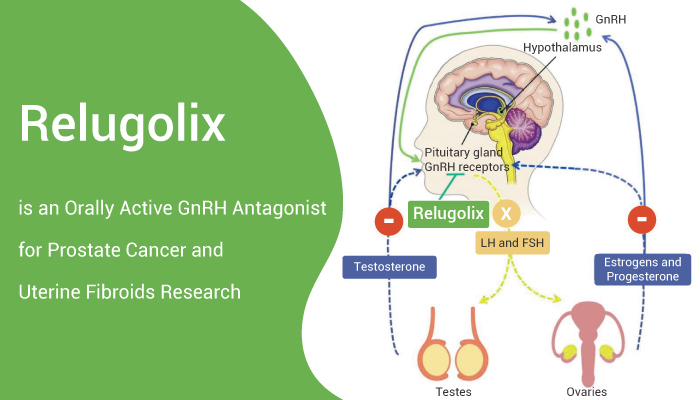A High Impact Study on Prostate Cancer Treatment
Prostate cancer remains one of the most prevalent forms of cancer affecting men globally. Addressing this challenge requires innovative approaches that not only effectively combat the disease but also prioritize patients' quality of life.
A recent study led by Dr. Daniel Spratt, M.D., Vincent K. Smith Chair in Radiation Oncology at University Hospitals Seidman Cancer Center, has made significant strides in this direction.
Understanding the Study
Dr. Spratt and his team conducted a groundbreaking study, published in JAMA Oncology, focusing on the efficacy of a novel oral hormone therapy called relugolix in combination with radiation therapy for treating both localized and advanced prostate cancer. This study stands out for its meticulous examination of relugolix's ability to rapidly achieve and maintain low testosterone levels, a critical factor in prostate cancer treatment.
Clinical Trial Insights
The study encompassed an individual patient level analysis from two multinational randomized clinical trials. Involving a total of 260 men, the trials demonstrated remarkable outcomes. Participants who received relugolix alongside radiotherapy exhibited significant castration rates, with 95% and 97% for short-term (24 weeks) and longer-term (48 weeks) therapy, respectively.
Rapid Recovery and Quality of Life
What sets relugolix apart is its ability to facilitate a faster return to baseline testosterone levels compared to conventional therapies. This rapid recovery is pivotal for enhancing patients' quality of life post-treatment, as it mitigates adverse effects associated with prolonged testosterone suppression, such as cardiovascular risks and bone density reduction.
Dr. Daniel Spratt's Insights
Dr. Spratt's research not only highlights the efficacy of relugolix but also emphasizes its safety profile. Importantly, the study found no significant difference between relugolix and traditional therapies in terms of time to castration-resistant prostate cancer, a critical milestone in disease progression.
Future Perspectives
The findings of this study have profound implications for prostate cancer treatment. Relugolix emerges as a promising alternative, particularly for patients with pre-existing cardiovascular conditions, given its commendably consistent safety profile. Furthermore, the study underscores the importance of advancing combinatorial therapeutic approaches in managing prostate cancer.
OPTYX Prospective Study
Dr. Spratt's ongoing involvement in the OPTYX prospective study further highlights the real-world evaluation of relugolix's efficacy and safety in men with prostate cancer. With over 600 participants already enrolled, this study promises valuable insights into the broader applicability of relugolix in clinical practice.
In conclusion, Dr. Daniel Spratt's study presents a significant advancement in prostate cancer treatment. The efficacy and safety demonstrated by relugolix, coupled with its potential to improve patients' quality of life, position it as a transformative therapy in the oncology landscape. As research progresses, relugolix holds promise in reshaping the standard of care for prostate cancer patients.



Comments
Post a Comment